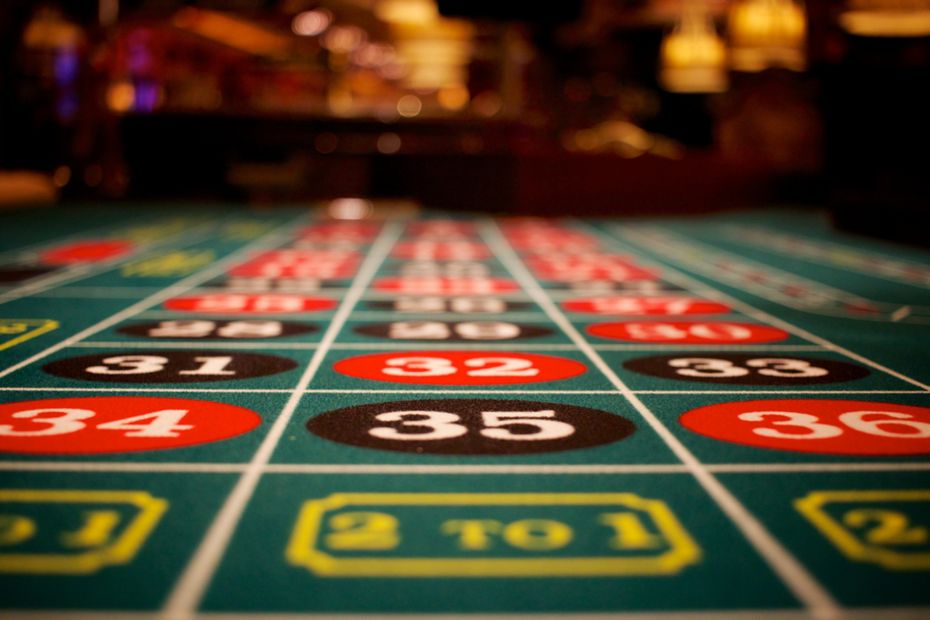Poker is a game of skill, strategy, and psychology. While mastering the rules and odds of the game is crucial, understanding your opponents is equally important in achieving success at the poker table. The ability to read your opponents’ behavior, tendencies, and emotions can give you a significant advantage in making informed decisions during gameplay.
One of the key aspects of understanding your opponents in poker is observing their body language and facial expressions. Non-verbal cues such as eye movements, hand gestures, posture shifts, and facial expressions can reveal valuable information about an opponent’s hand strength or intentions. For example, a player who suddenly displays signs of nervousness or discomfort may be bluffing or holding a weak hand. Conversely, a player who exudes confidence with relaxed body language may have a strong hand.
In addition to physical cues, verbal communication also plays a crucial role in deciphering your opponents’ mindset at the poker table. Pay attention to how they speak – are they talking more than usual? Are they being overly aggressive or passive in their tone? These verbal clues can provide insights into their emotional state and strategic approach to the game.
Furthermore, understanding the psychological principles behind decision-making can help you anticipate https://xn--1-9r8ek9cl0ibojgyh94m.com/ your opponents’ moves and adjust your own strategies accordingly. Cognitive biases such as confirmation bias (the tendency to seek out information that confirms preconceived beliefs) or anchoring bias (relying too heavily on initial information) can influence how players make decisions at the poker table. By recognizing these biases in yourself and others, you can exploit them to gain an edge over your opponents.
Another important aspect of understanding opponents in poker is considering their playing style and tendencies over time. Some players may be tight-aggressive (playing few hands but aggressively when they do), while others may be loose-passive (playing many hands but rarely raising). By analyzing patterns in their gameplay – such as betting frequencies, bet sizing, or showdown results – you can develop effective counter-strategies to capitalize on their weaknesses.
Ultimately, successful poker players are adept at blending mathematical calculations with psychological insights to outsmart their opponents consistently. By honing your observational skills, emotional intelligence, and strategic thinking at the poker table, you can become a formidable player capable of adapting to any situation that arises during gameplay.
In conclusion,poker is not just a game of chance; it is also a test of mental acuity and psychological prowess.Understanding your opponents’ behaviors,tendencies,and emotions gives you an edge by allowing you to make informed decisions based on more than just cards alone.


